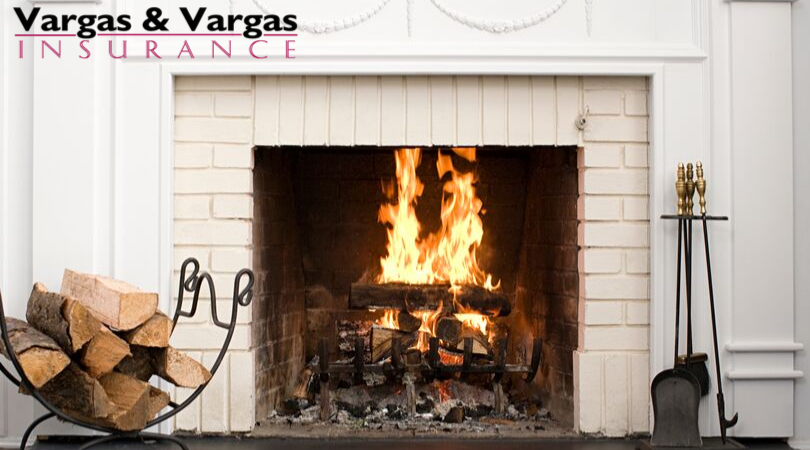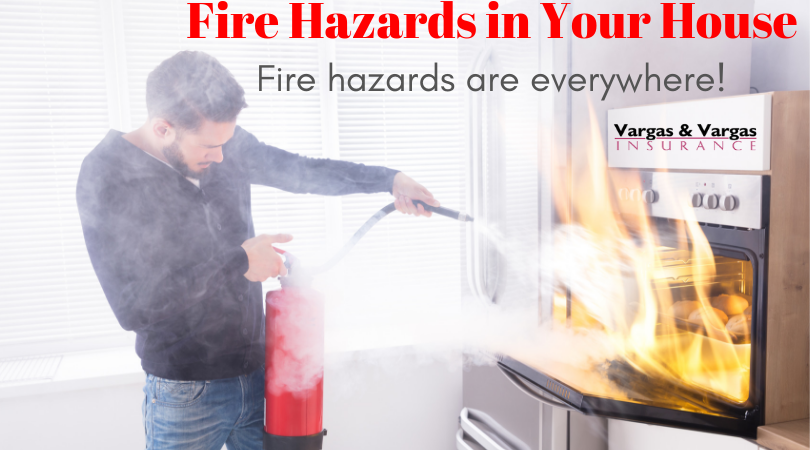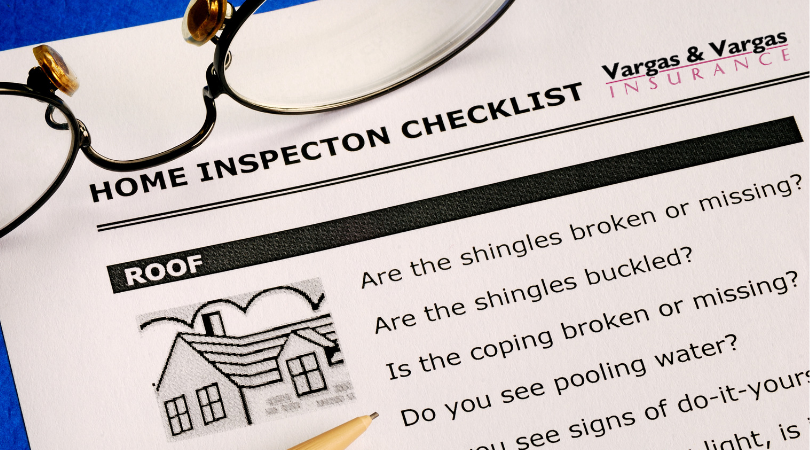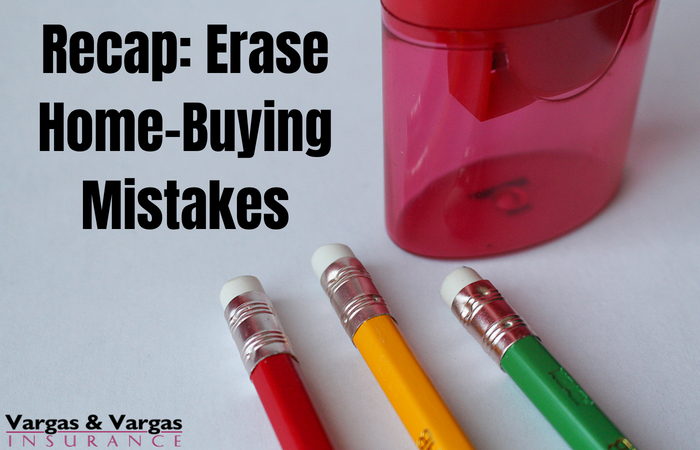Electrical Hazards in Your Home
Our world is electric!! No, I mean, literally.
Electricity flows all around us, yet we are so inured to the wonders of electricity and the conveniences it brings that we too often take for granted the hazards of electricity.
When we see a video of a lightning strike, we’re amazed, and maybe a little frightened. But that very dangerous electrical connection that can cause bodily harm and property damage is literally all around us, everyday.
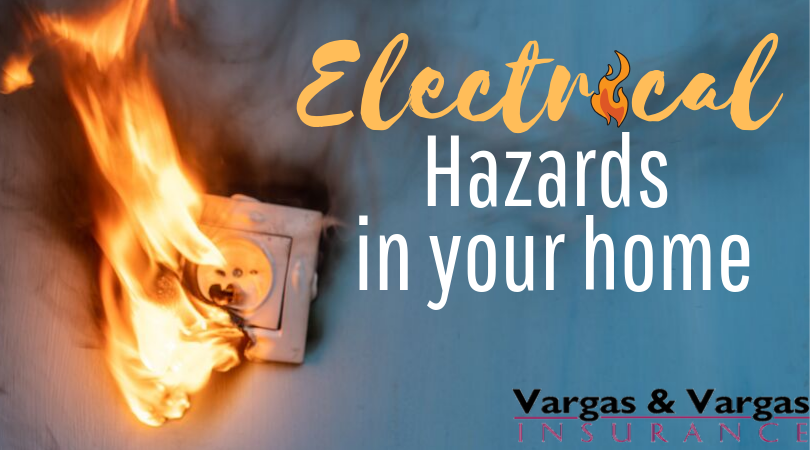
Here are five electrical hazards in your home to be aware of and to check and prevent against catastrophe.
- Extension Cords. Electricity seems so safe as we go through our days using it. We plug away with nary a thought of the dangers of electrical shock or fire. Extension cords are the best, and worst, example of our thoughtlessness about electricity.
You find yourself in need of an outlet to plug in your phone charger, vacuum cleaner, a lamp, or cordless drill charger. “Oh! There’s an extension cord right here!” Never mind that cord is loaded with other plugs, and the cord is plugged into another extender from one to three outlets back at the wall plate. So much electricity drawn through such a receptacle builds heat very quickly. It’s the heat that causes the fire, not an electrical spark. - Water Hazards. We have electrical devices and connections we’re using very close to water sources all through our homes. In the kitchen, the bathroom, laundry room, in work rooms, outlets and extension cords and appliances in close proximity to water is a recipe for disaster. The Ground Fault Interrupt (GFI) outlet was designed to minimize these hazards. This outlet has a tripping circuit breaker built into it so there is no delay from the moment a hazard/overload is detected and the source of electricity is shut off. That could be the difference between life and death.
- Kids and Pets. You can’t control either one. But you can take extraordinary precaution to prevent the hazards associated with rambunctious little ones. Install tamper-resistant outlets and outlet covers to prevent children’s access with sharp point metal objects. Secure extension cords in such a way to prevent pet nibbling access. Use heavier duty extension cords.
- Coffee machines and similar appliances. These devices use high heat to brew or cook. Left unattended and with no beverage/food product left in the device can soon lead to overheating and burning and fire. Be sure your coffee machines and other self-cooking appliances have automatic off features.
- Battery-Less Smoke Detectors. Smoke detectors save lives! We often recommend you check the batteries at least once a year and replace with fresh batteries. But checking more often can’t hurt, either.
Please check out our other blogs on claim prevention tips. You can reach us by calling 617-298-0655 or text us at 617-409-0329 for a free, no-obligation annual review.
Click here to Visit our Contact Us page.


